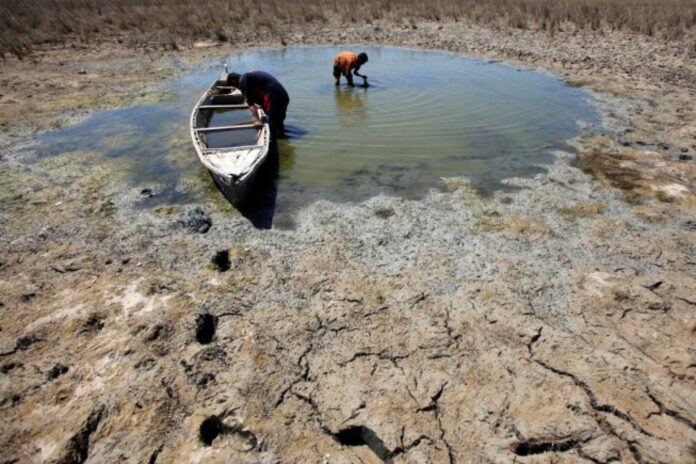Muhammad Baqir Nasser – Researcher
Executive summary:
- The migration of the people of the marshes is an inevitable result of water scarcity, which is a major source for the sustainability of livestock, as well as the sustainability of other natural resources from which the individual subsists daily. Water in the Iraqi marshes is the backbone of the economic and social systems.
- The necessity of having a census of the marshes, to be conducted periodically, to determine the numbers of migrants and returnees, and to arrange strategic effects and solutions that are appropriate to the situation.
- Iraq needs strategic measures/plans to save it from the suffocating drought crisis, by constructing dams and reservoirs, especially since Iraq is determined to build a dam in the Shatt al-Arab, which may contribute to reviving the marshes.
- Awareness campaigns in the context of rationalization represent one of the most prominent solutions that contribute to preserving Iraq’s water reserves after they fell dangerously low this year.
- Water harvesting techniques should be used through: (cloud seeding, water harvesting from the air, rainwater exploitation, and sewage treatment); To reduce dependence on the waters of the Tigris and Euphrates rivers.
- The underdevelopment of irrigation systems and drainage contributes to a great deal of waste. Therefore, Iraq needs to introduce modern irrigation techniques, such as drip, sprinkler, and lining of drainages.
- An urgent need to activate water distribution agreements between Iraq and upstream countries, as well as conclude new agreements, according to Iraq’s need for water in various sectors.










